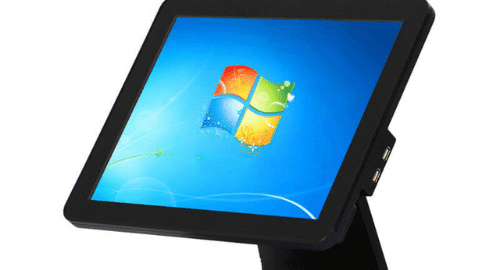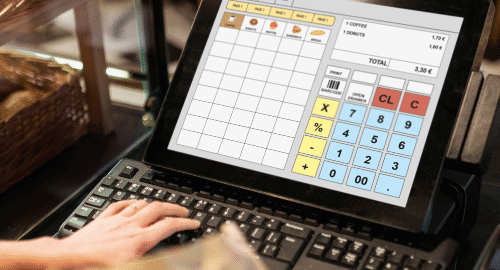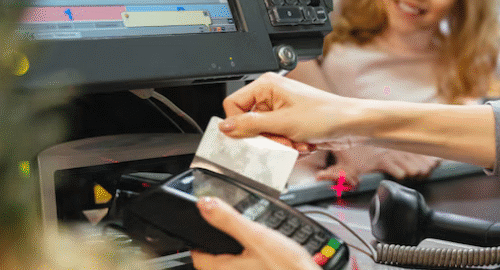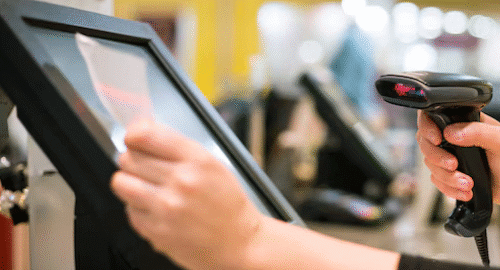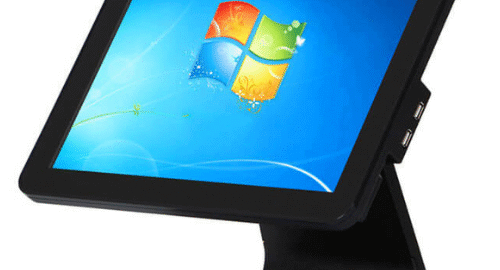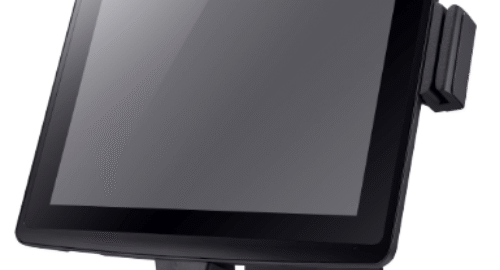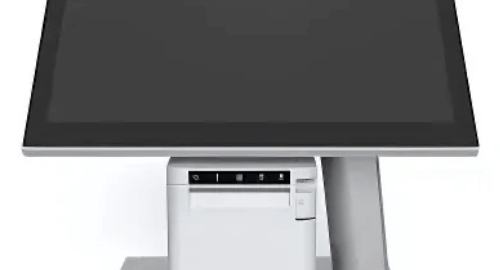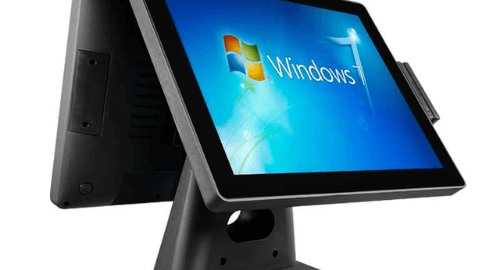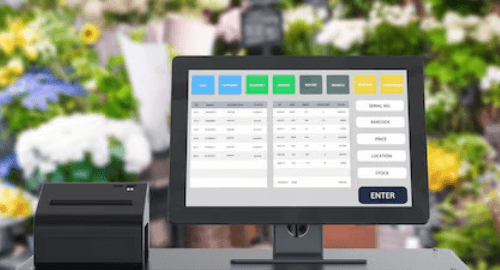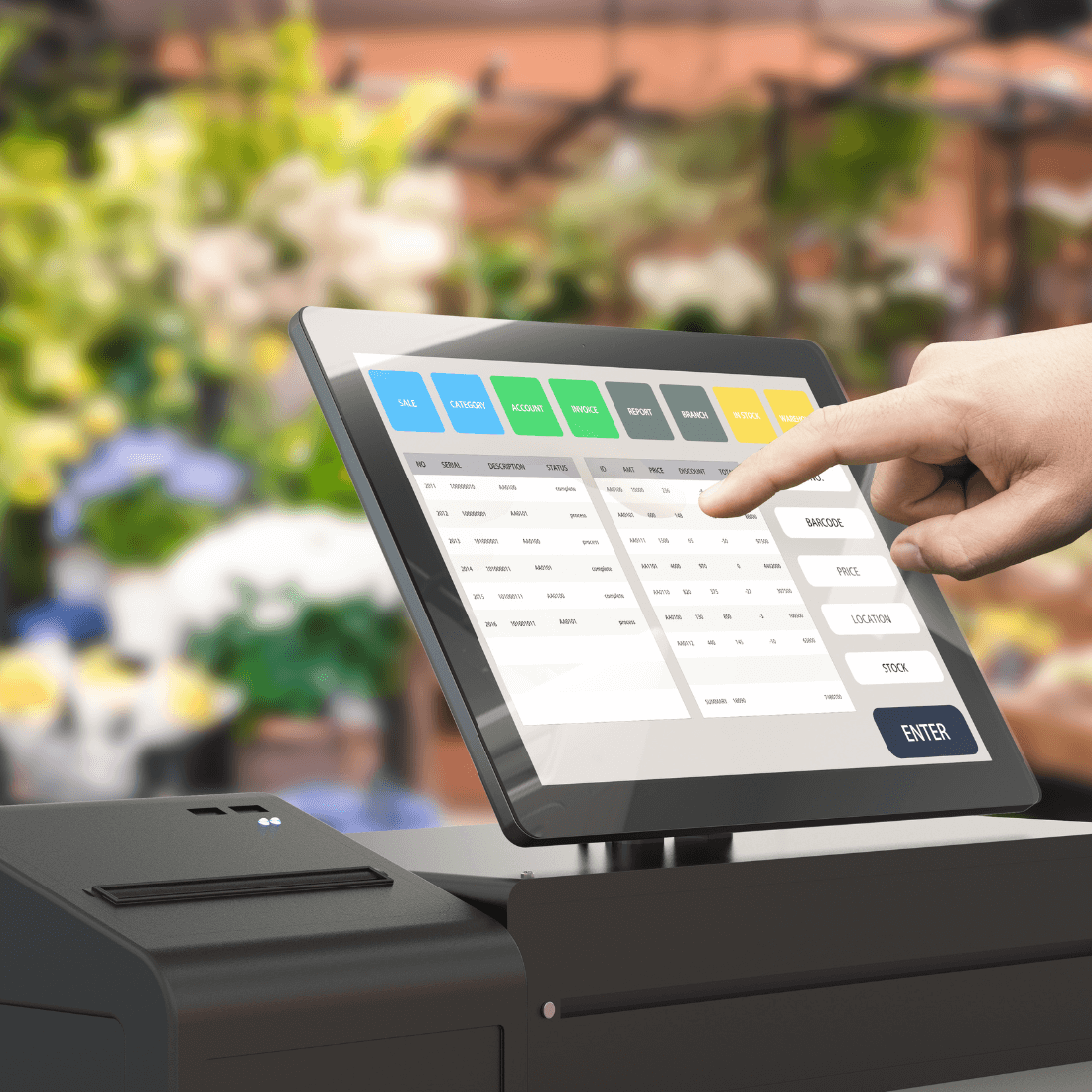
Efficient payment processing is a cornerstone of modern business success. Whether you’re running a boutique or managing a retail chain, investing in the right POS system is essential. Businesses in Kuwait, for instance, are increasingly exploring diverse POS solutions to streamline operations and enhance customer experience. From mobile POS systems to cloud-based platforms, here’s a detailed guide to help you choose the best system for your business.
- Mobile POS System (mPOS)
A mobile POS system turns a smartphone or tablet into a non-desk POS terminal, which makes it very flexible
Benefits:
- Accept payments and take care of inventory anywhere.
- Quite inexpensive, with some applications free of charge except for processing charges.
- Requires portable receipt printers or e-receipts
Use Cases: Perfect for street vendors, mobile service providers, and event sellers
- Web-Based POS System
This kind of POS runs directly through an internet browser, so there is no need for special hardware.
Benefits:
- Relatively little investment, at least, in special hardware.
- Accessible from anywhere with internet connectivity.
- Automatic software updates.
Use Cases: Holds ideal for small retailers, art galleries, and salons.
- Desktop POS System
Desktop POS systems are made for heavy-volume businesses. They club bulk software with the good old traditional hardware like cash drawers.
Benefits:
- Full customization for inventory and CRM
- Loads easily with added hardware
Use Cases: Best for supermarkets, multi-location retailers, and restaurants
- Handheld POS System
Handheld POS devices are compact, portable, and versatile.
Benefits:
- Increases customer satisfaction as it reduces wait times at a point of sale.
- Suitable for multiple businesses with varying requirements.
Use Cases: Used in hotels, restaurants, food trucks, event venues, and more.
- Tablet POS System
Tablet POS systems are portable and highly configurable.
Benefits:
- External hardware compatibility, such as with printers.
- Comes with the support of fixed terminals or mobile transactions.
Use Cases: Cafes, retail outlets, and on-site ticketing.
- Terminal POS System
Terminal-based POS is a traditional system used across various industries.
Benefits:
- It comes with necessary hardware, like barcode readers.
- Supports both offline and online operations.
Use Cases: Grocery stores, electronic stores, and high-volume restaurants
- Self-Service Kiosk POS
These systems allow customers to complete their transactions for themselves, thus adding convenience.
Benefits:
- Reduces labor costs.
- Manages peak-hour traffic.
Use Cases: Present in fast-food places, cinemas, and retail self-checkout lanes.
- Touchscreen POS System
This is a system of a touchscreen POS that offers an intuitive, user-friendly interface to accelerate transactions.
Benefits:
- Portable and easy to operate.
- Incorporates contactless payments.
Use Cases: Highly sought after by food trucks, retail outlets, and service providers.
- Multichannel POS System
This POS combines online and offline sales for a unified management experience.
Benefits:
- collect data coming from various channels of sales.
- Streamlines report generation and inventory management.
Use Cases: Best suited to medium-sized retailers and e-commerce-enabled businesses.
- Omnichannel POS System
An omnichannel POS brings together all touchpoints the customer interacts with, including physical stores to digital channels.
Benefits:
- Increases customer interaction between platforms.
- A sales and marketing tool.
Use Cases: Ideal for fashion brands, large retailers, and service businesses.
Industry-specific POS systems
Some industries need specific POS applications. For instance, Retail POS Barcode scanning, real-time inventory tracking, and loyalty programs. Restaurant POS Table management, split billing, and kitchen order tracking. Service POS Appointment scheduling and time-based billing.
Selecting the Right POS System
To find the perfect POS system in Kuwait here are some tips:
- Analyze Your Business Needs: Identify some must-have features such as inventory management or CRM integration.
- Set a Budget: Be able to account for upfront costs, monthly fees, and transaction charges.
- Scalability: Choose a system that will grow with your business.
- Integration: Ability to interface with other software and tools currently in use.
Future POS Trends
Businesses implementing POS systems should also look to the future with these new developments:
- Artificial Intelligence
- Predictive analytics for stock and targeted marketing.
- Contactless Payments
- Further adoption of mobile-based solutions
- Cloud-Based Platforms
- Real-time data accessibility as well as management from remote locations.
Conclusion
Choosing the correct POS system supplier is important for streamlining your operations and enhancing customer satisfaction. Be it a handheld POS machine in Kuwait or an omnichannel solution, you have a wide variety, from a retail store to a restaurant. Evaluate the size of your business and the budget and specific needs required and then make your choice.
For your business in Kuwait, POS providers that offer something like Zahabi can ensure you provide future-proof systems to better drive efficiency and growth.

